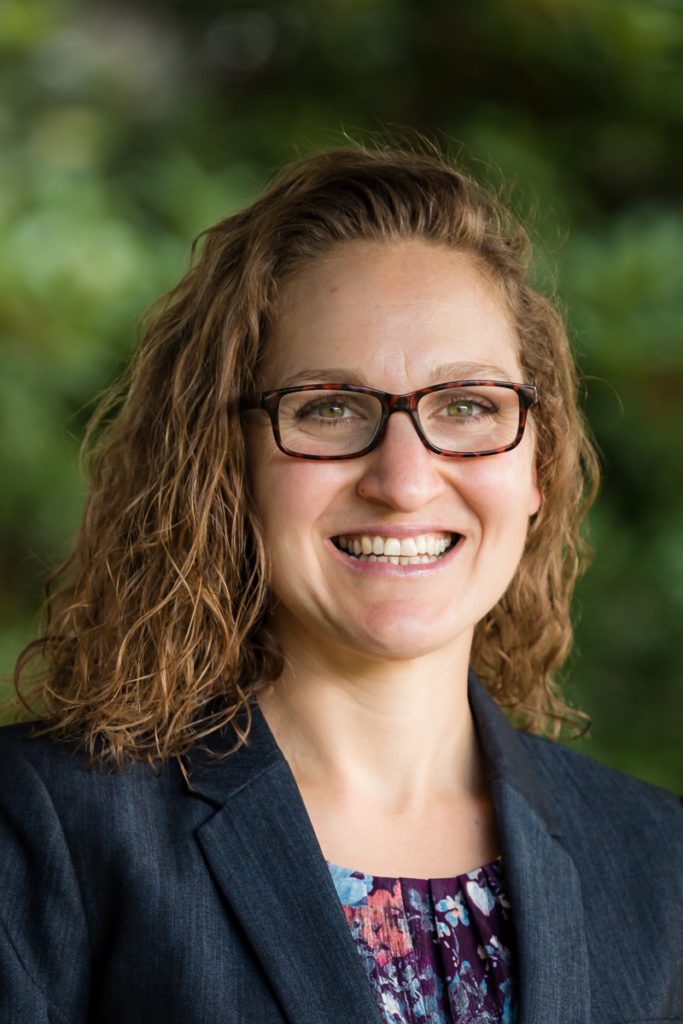Washington’s 2020 Teacher of the Year, Amy Campbell, has some advice for parents: “Remember, you know your child best.”
A special education teacher for 12 years at Helen Baller Elementary School, Campbell serves students with moderate to profound disabilities. She was selected 2020 Teacher of the Year for her fierce belief in the power of inclusion and every child’s ability to contribute in the classroom.
We asked Campbell how parents or guardians of students with disabilities can better navigate special education services.
Share your child’s story…past and future
Campbell says building relationships with your child’s teachers and support staff can help them better understand your child’s interests and goals. As the school year kicks off, meet with them and share your child’s story, but don’t just focus on past education and medical history. Make sure to share what makes your child curious and excited.
“When I meet with parents I always want to know what the student likes and what they’re good at. I want to know if they love school, dogs, cars or the pictures in books. When I know more about your child’s interests, I know what they will enjoy and be successful at,” Campbell says.
Create an IEP that reflects your child

The Individuals with Disabilities Education Act (IDEA) is a law that guarantees educational rights to students with disabilities. Under this law, school districts and parents create an Individualized Education Program (IEP) that outlines the special education services a student will receive.
How can you make your child’s IEP the best it can be? Campbell says to remember that an IEP is a team document that should reflect your voice as a parent or guardian.
“The IEP is not a gift to the parents from the school, it’s really a co-written document that parents should have a hand in creating,” says Campbell.
In addition to goals over the semester, make sure to share long term goals as well. What are your dreams for your child? It might be going to college, a certain vocation or role in the community. Let teachers know your dreams for your child’s future. This helps teachers craft goals to match.
It’s not one size fits all
“We never want to default to a formula. It’s important to make sure special education services are as tailored as possible to the strengths of the student and keep in mind, there is no one size fits all.”
At Campbell’s school, she combs through daily lesson plans looking for moments where every student can be successfully included in the classroom. That could be peer-reading with a buddy, a visual storytelling instead of an essay, classroom chores or, if a student is good with numbers, specific parts of a math lesson.
There are always ways to make sure that your student is included. Start the conversation about what’s happening in the classroom and empower your child to contribute.
Campbell’s message is clear. At the end of the day, it’s important to remember that you know your child best. If you’re not comfortable with the choices being made, know your voice matters.
Above all, Campbell wants you to know: “Your voice is important. I know it can be so hard, but don’t ever give up; you have a team!”